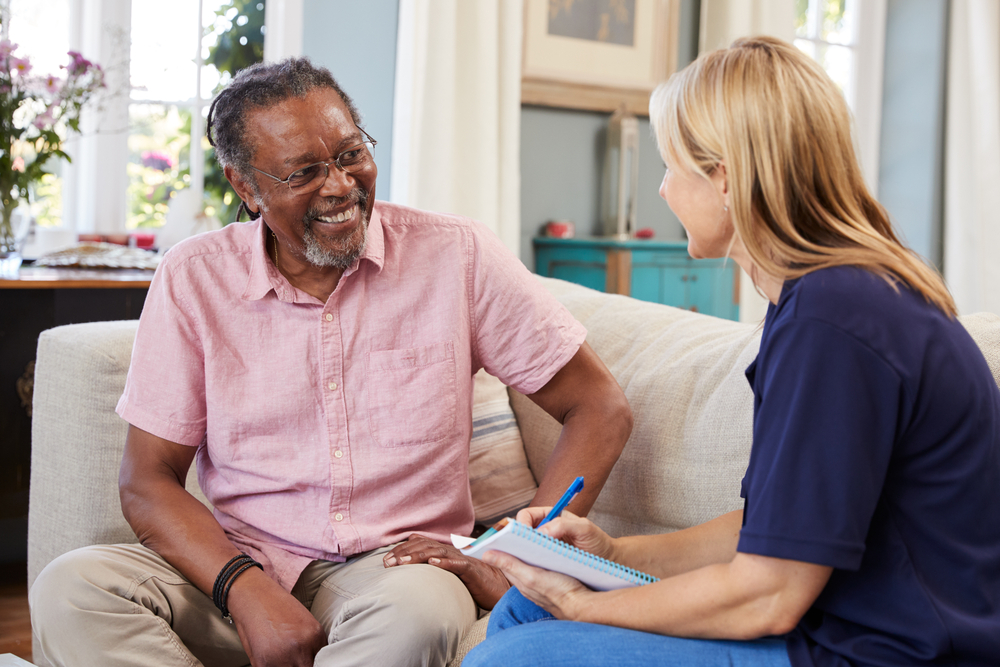What we mean by Human Rights

Rights for Everyone, Every Day
At BIHR, human rights are not abstract ideals or legal technicalities. They are real-life protections that shape how we are treated by those with public power, and how we are accountable when we hold that power. Whether it is a national health policy, or a local hospital, housing law or a social landlord, education guidance or the school at the end of the road. Human rights, as brought home by our Human Rights Act (HRA), are for everyone, every day.
Below find out more about:
- The Foundation: Dignity, Respect and Justice
- Rights in the Everyday
- Human Rights are Legal Protections
- Our Approach: Rights Beyond the Courtroom
- Breaking the Divide: Civil, Political, Economic & Social Rights
- Human Rights Matter: Now more than ever
The Foundation: Dignity, Respect, and Justice
Human rights are universal and legal protections that ensure every person can live with dignity, equality, and fairness. They are about ensuring that those who hold power, whether national government or public services, treat people with respect and accountability.
In the UK, people's core human rights protections are set out in our law, the Human Rights Act 1998 (HRA). The HRA contains rights this country first helped write down following World War II in the European Convention on Human Rights (ECHR). The HRA brings makes them part of our law, making the rights accessible to us all here at home.
Our Human Rights Act means public authorities, such as NHS services, councils, police, care providers, social landlords, schools and others, have a legal duty to respect and protect human rights in their everyday decisions and to apply other laws in ways that support our rights.
Rights in the Everyday
BIHR focuses on making human rights real in everyday situations, especially in areas like:
- Accessing health and social care
- Navigating the education system
- Securing safe and suitable housing
- Ensuring fair treatment in public services and institutions
Court action is a key form of justice. So is everyday justice. That people shouldn’t have to go to court to have their rights respected; public bodies and national law and policymakers should be using human rights proactively, as a framework for fair, person-centred, and accountable decisions.
Human Rights Are Legal Protections
Too often, people are left relying on charity, goodwill, or “doing the right thing.” Human rights in our HRA change that. It gives people a legal foundation to:
- Speak up about poor treatment, marginalisation and discrimination
- Advocate for change in their lives and communities
- Hold decision-makers to account
And for those with power in national government right through to those delivering public services, human rights mean a lawful, values-based foundation for improving practice and making better decisions.
Our Approach: Rights Beyond the Courtroom
While legal cases are important, BIHR’s work focuses on bringing human rights out of courtrooms and into real life. We believe that positive social change happens when:
- People understand and can rely on their rights
- Public bodies and government know and comply with their legal duties
Both can work together to create fairer systems and better outcomes. Our approach is guided by the PANEL principles, a recognised framework for rights-based practice:
- Participation: People must be meaningfully involved in decisions that affect their rights
- Accountability: Public bodies are enabled to be answerable for their decisions
- Non-discrimination: Everyone’s rights matter
- Empowerment: People should have the tools to know and claim their rights
- Law: Rights are not optional - they are protected by UK law.
Breaking the Divide: Civil, Political, Economic and Social Rights
Traditionally, human rights are divided into civil and political rights (e.g. the right to life, freedom from inhuman treatment and abuse, liberty) and economic and social rights (e.g. healthcare, housing, education). But in real life, these rights are deeply connected.
- A failure to provide adequate social care can lead to unlawful deprivation of liberty.
- Poor housing can undermine someone’s right to respect for their private and family life.
- Lack of access to healthcare for people experiencing significant mental distress can end up being inhuman treatment.
- Education that it inaccessible to disabled child can result in unlawful discrimination.
As the European Court of Human Rights itself has stated: “There is no watertight division between civil-political rights and economic-social rights.”
At BIHR, we focus on showing how the Human Rights Act can protect people’s rights across all areas of life and people’s experiences of public services and government, whether in their local community or at the national level. Too often overlooked or untapped in what it can deliver, BIHR’s work shows how our Human Rights Act is an enabler.
Enabling the shifting of power between people, services, systems and institutions.
Enabling challenge.
Enabling change.
Enabling solidarity.
Enabling everyday justice.
Human Rights Matter: Now More Than Ever
In times of uncertainty, division, and crisis, it can be tempting to see human rights as optional. But we know from our work that human rights are a lifeline, especially for those facing disadvantage or injustice, and for us all.
At BIHR, we are committed to securing, promoting, and using human rights as a powerful force for positive social change. For everyone, every day.
Find out more about our work Book our human rights training & support Find out how you can get involved Donate to support our work
Stay up-to-date
Get our newsletter
Get monthly updates on UK human rights law and our work, resources and events sent straight to your inbox.
